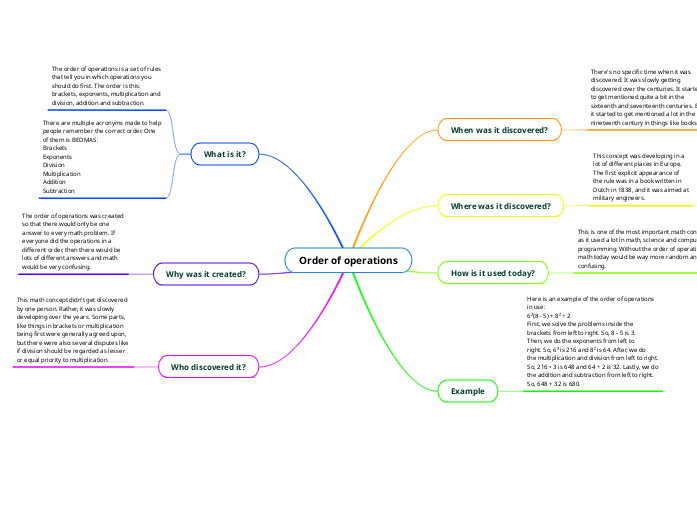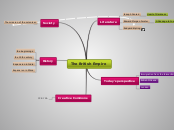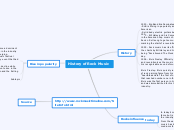av BP - 08RC 788108 Tomken Road MS för 10 månader sedan
224
Order of operations
The order of operations is a fundamental mathematical concept that has evolved over centuries, without a specific moment of discovery. It gained substantial attention in the sixteenth and seventeenth centuries, but its prominence surged in the nineteenth century through various publications.









